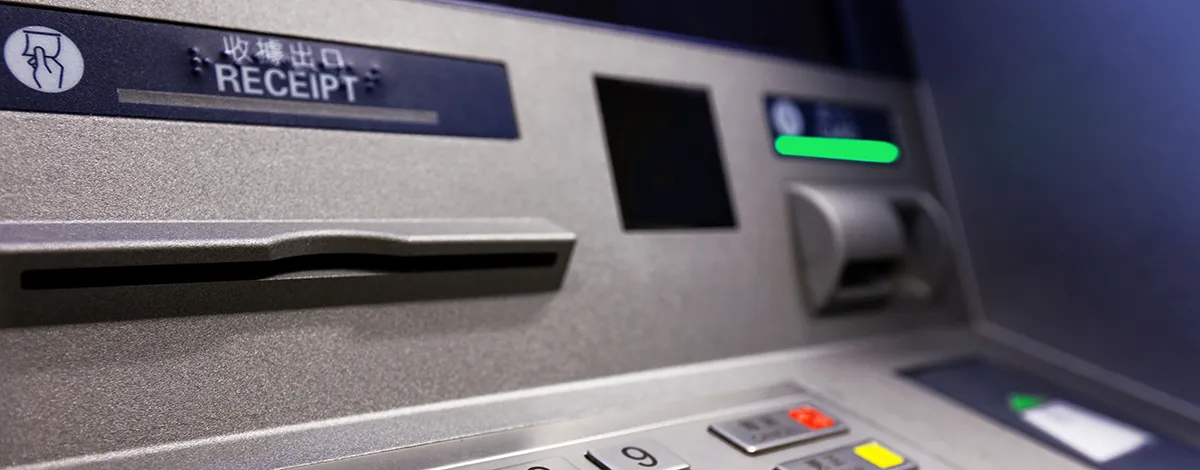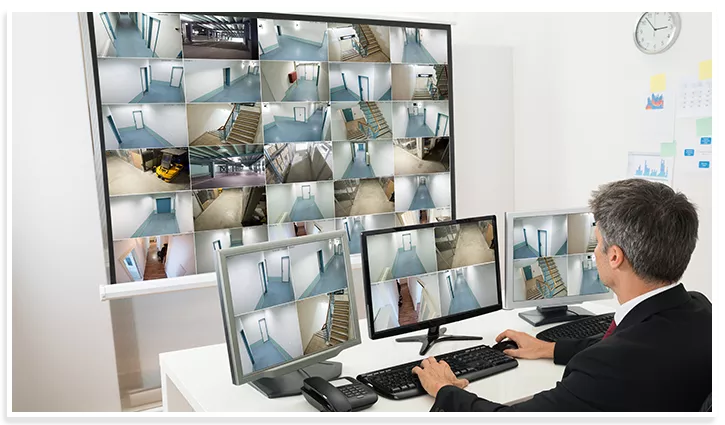
Mike BURTON, Project Sales Manager, i-Pro UK
What are the major changes in the banking industry during the past 5 years and what will be the biggest challenges in the future?
There have been two changes over the last 5 years within the banking sector, the first is the move towards IP systems, this however, has been done in a phased approach to protect initial/recent investment into analogue technology over the last 5 years.
This is best demonstrated when companies upgrade a recording platform to make it ready for IP cameras however, utilise encoding technology to record existing analogue cameras onto the system. There have been several reasons for this approach however, the major one being that resolution and compression of video data has been getting progressively better over recent years which means that if camera technology had been invested into previously, even two years ago, then it would already be out of date.
The second major change is in the buying criteria, this has seen companies adopting a 'Value for Money' ethos rather than a race to the bottom in price, there are many considerations in how this is calculated, with the major focus still being risk to the business and employee safety/re-assurance.
What are the recent developments in video surveillance or security equipments in the banking environment?
From a i-PRO point of view Secure Communications is a major step forward for our bank clients. Cyber vulnerabilities of networked systems have always been high on the testing criteria agenda for products that sit on a network, for this style of organisation. Cyber threats are a constant issue on a daily basis, minimising the level of threat is of major importance and being able to demonstrate a customer first approach into resolving issues directly with our systems,, rather than placing blame in other areas of the network configuration for the vulnerabilities is a major advantage for i-PRO.

What do you think has triggered those developments?
The necessity for this style of solution is driven by the constant threats and cyber attacks and risk of vulnerabilities that major organisations face, especially in the banking and finance area.
Is video surveillance in Banks getting more and more important? If so, why?
Although video is important for the security aspects of the industry it is not the only part of the business that it benefits, the majority of our clients are now looking at the security system as a management tool and looking at how video surveillance can drive business efficiencies. With the introduction of analytics over the past few years, the ability to capture big data that provides beneficial information for the wider business is becoming more of a driver.
In your opinion, how will the banking industry change in the next 10 years?
The banking industry in my opinion will start to drive for a more centralised operation on all aspects of the business, this will prove a challenge due to the size of bandwidth available in an ever increasing data driven operation.